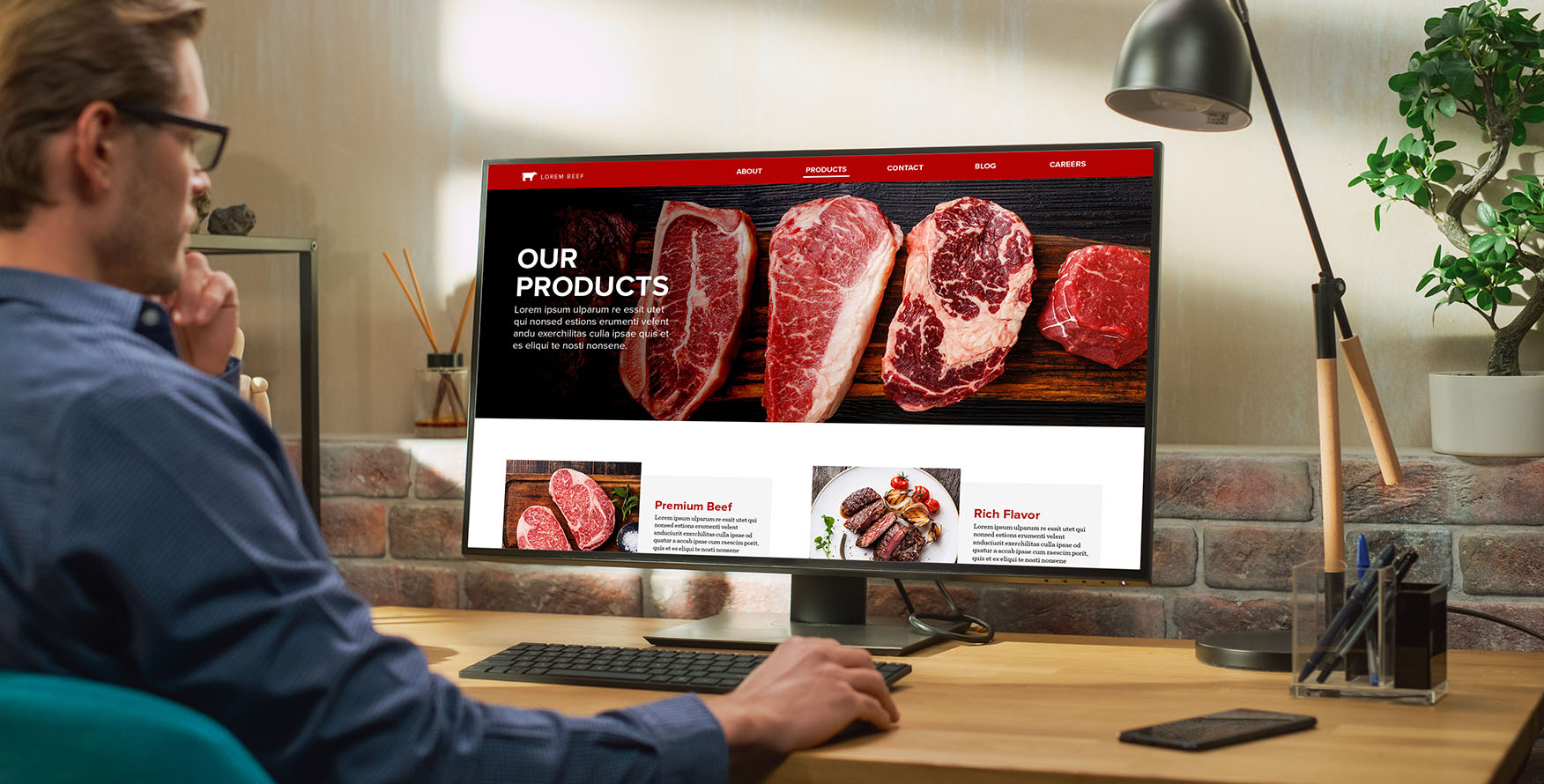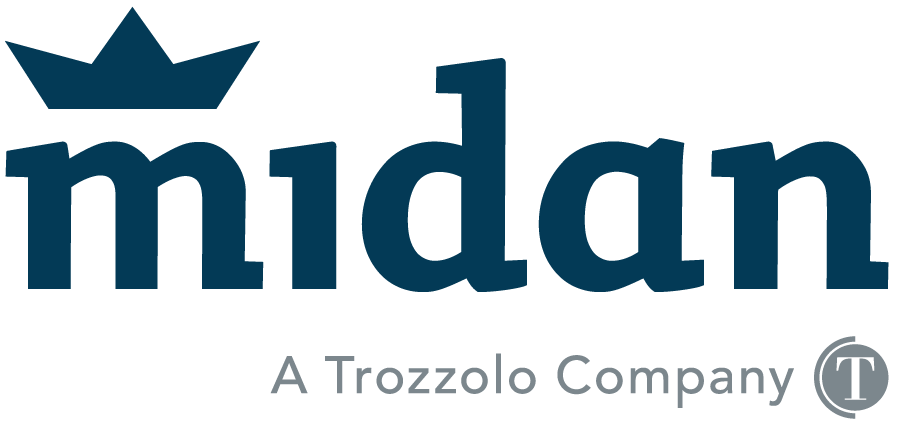
As a web developer, I’m often asked why companies even need a website. When I hear, “Why should I invest marketing dollars into developing and maintaining a website when so many other methods are available?” Ouch! That gets me right in the heart.
It’s true; consumers have more online options for learning about your company than ever before. Internet platforms such as Facebook, Instagram and TikTok have capitalized on our shorter attention spans and constant need for entertainment. Who you are and what service or product your business provides can be found down a lot of different roads, quickly and easily.
To answer the question of why you need a website in addition to social media, think of it like this: Social media is your convention floor. It’s lively and dynamic with plenty of instant interactions, quick chats and first impressions. This is where people can meet new businesses and find out how to learn more about them. Then you have your website, your showroom. It’s stable, permanent, professional and safe, and can lead to deeper conversations. Your social platforms and your website serve different but complementary roles. Without that showroom to lead your convention goers to, they may be left with questions and uncertainty, or quickly forget you altogether.
Here are three critical ways that a corporate website is one of your most valuable marketing assets:
Forge Your Brand Identity
A corporate website gives your business complete control over your brand identity, design and messaging, ensuring a consistent and professional appearance. The look and feel of your brand can be carefully crafted and delivered intentionally. Visitors can easily find and learn about your company’s mission, values and corporate social responsibility initiatives at this central hub of information.
Your website functions as a modern-day brochure, showcasing your business and giving it credibility, but it doesn’t have to end there. Now, with the help of AI in searches and chatbots, and by programmatically shifting content to improve each user’s experience, a website can become a much more dynamic, interactive experience. A flat boring web experience does not have to be the endgame.
Takeaway: Leverage your website to control your brand narrative and elevate your brand experience for customers.
Hear Tony’s insights on why investing in your website pays off.
Foster Customer Trust and Loyalty
Potential information-seeking customers may believe a company is less credible if it isn’t represented by a frequently updated and stable web presence. Trust in the company may be lost, or the company may be seen as behind the times.
Although it’s a given these days that every legitimate company will have a website, keeping it updated is critical. Outdated content is just as bad as no content at all. No one wants to see a copyright from 10 years ago at the bottom of your website. It means you don’t care enough about what you are sharing to keep it current. If you don’t care, why should your customers?
By utilizing a well-developed web strategy, you can build and nurture relationships with customers through newsletters, blogs and social media campaigns that link back to your site. Your corporate site is the steady evergreen content to which all advertising and communication roads should lead back. Ongoing engagement helps foster loyalty and repeat business, making a site “sticky,” one visitors are likely to come back to.
Corporate websites are also good long-term repositories for important and necessary legal information that might seem unappealing or even boring on other platforms but is required for legal compliance, like your label claims or terms and conditions.
Takeaway: Feature your website as a key element in your omnichannel marketing efforts to keep your customers fully engaged across platforms.
Generate Leads and Improve Sales
Your website plays a vital role at every marketing funnel stage, from attracting and educating potential customers to converting leads and building customer relationships. Landing pages, product pages, services pages, blog posts, videos, recipes and other evergreen shareable content are your workhorses designed to accomplish specific goals within the funnel. Marketing campaign pieces should always link back to this stable and readily available content on your website to help facilitate the user’s journey. They will thank you for it in conversions.
Takeaway: Focus on lead generation content to make your website a powerful asset in gathering leads and growing sales.
Your website is the glue that holds the whole marketing funnel together, or more accurately, it’s the road map that keeps everything connected. Without it, the journey from curiosity to conversion would be a wild goose chase, and we all know how that ends: feathers everywhere, and nobody wins!


